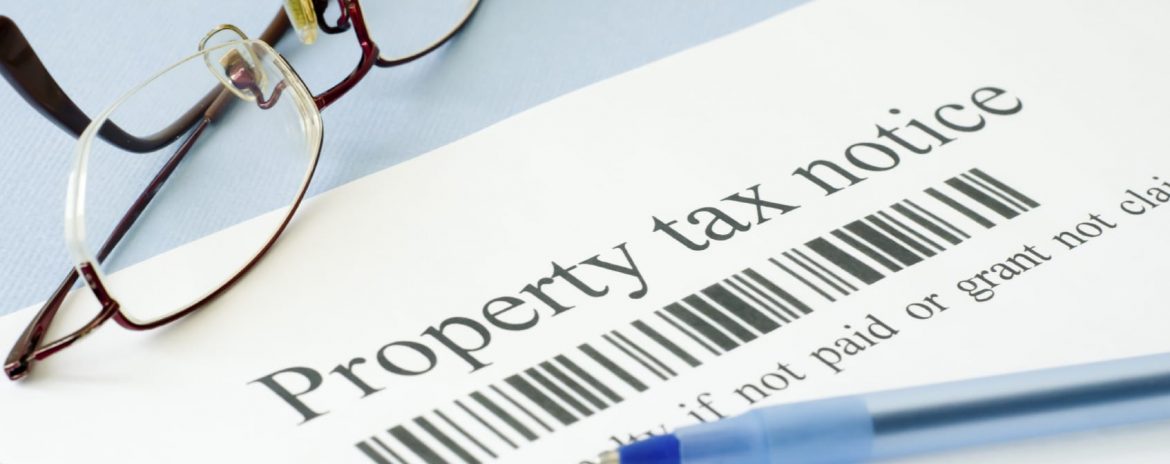By Kim Larsen of Larsenlaw Group posted on Monday, March 2, 2020.
Know how it can affect your assets and taxes
Buying and selling property as a way to make a profit can be a smart move as long as you do your homework and know how to report it on your taxes.
When you buy property with the main intention of selling it for a profit, you are engaged in the business of property flipping. This often means you buy a property, take possession, and do some renovations. After the property is improved, you sell it and the profits become part of your income.
You may choose to live in the property while making improvements. However, this does not entitle you to the principal residence exemption. When buying and flipping a property, you must also report the profit as a business income.
Property flipping may also involve buying and selling a property before it’s official sale or construction (ie. assignment sale – when the buyer of a property assigns the legal rights and obligations to their contract of purchase and sale to a secondary buyer).
As for your taxes, you must report the monies made on all real estate transactions, including flips and assignment sales, of both pre-construction and resale homes to the CRA (Canada Revenue Agency).
While property flipping is legal, there are specific tax rules to keep in mind:
· The principle resident exemption does not apply
· Profits made are generally considered fully taxable business income
· Transactions are subject to HST
We have successfully negotiated with the CRA (Canada Revenue Agency) in cases where clients have been assessed for flipping homes. Make an appointment with our lawyers.







